We all know that falling into eating the same things is all too easy, especially when you have your faves! But when it comes to your gut microbiome, variety is key to your health. Gut health specialist Dr Megan Rossi advises that we should eat 30 different wholefoods each week, and this is endorsed by Clarissa Lenherr our nutritionist too! To help you shake up your routine the Perkier team are setting you the 30 wholefoods challenge to try for yourself! & we’re be doing it ourselves too!

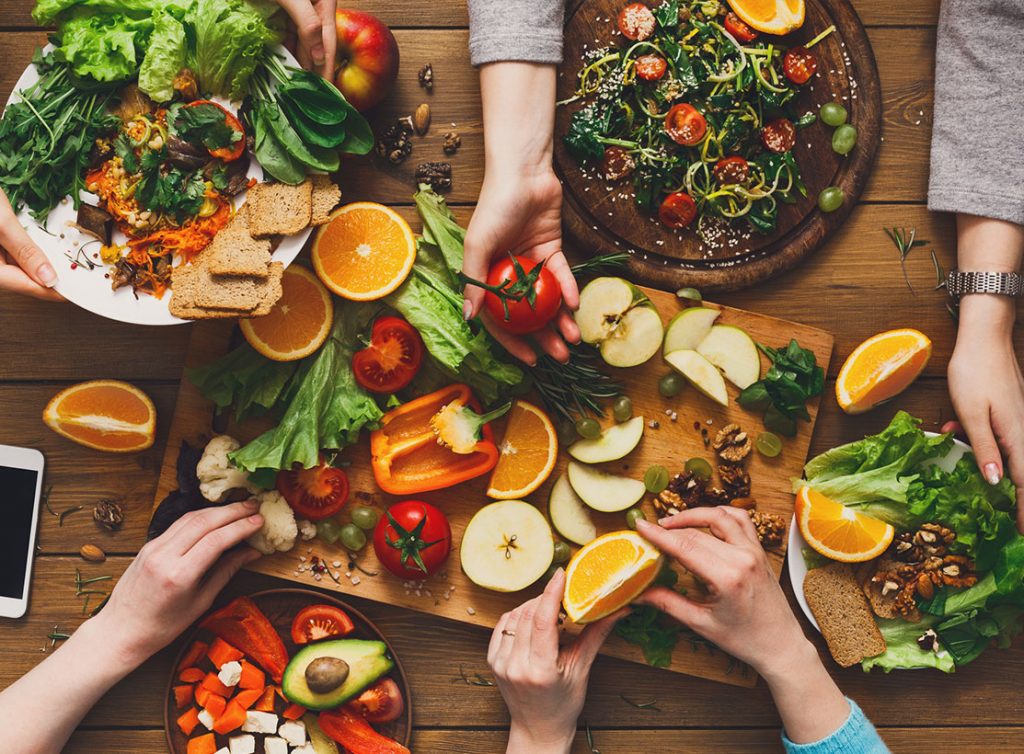
So what counts as a wholefood?
Wholefoods are plant-based foods that have undergone minimal processing before eating. This helps ensure they retain as much of their natural goodness in terms of vitamins and fibre as possible. Wholefoods are generally richer in high quality carbohydrates, rather than simple refined carbs, meaning they provide slow release energy. They can also contain less empty calories from added sugars and trans fats than their more processed counterparts, so you’ll be getting more bang for every bite!
Some of our favourite examples include:
Seeds such as quinoa which is used in all our Perkier products, pumpkin seeds, chia seeds and sunflower seeds.
Nuts such as peanuts found in our delicious chunky peanut bar, and cashew nuts, almonds, walnuts and pecans.
All fruits and vegetables .. from beetroot to sweet potato’s to banana’s.. and yellow, green and red peppers counts as 3!
Pulses & Beans like lentils, chickpeas, kidney beans and butter beans.
Grains including oats, corn and rice (black and brown rice counts as 2!)
Why do we need 30 Different Wholefoods?
You maybe asking yourself why its necessary to consume so many different wholefoods? Well this has a lot to do with benefits variety in your diet can have on your gut microbiome. Your microbiome is a population of microorganisms that live in your gut. This population consists of a huge variety of different species, some of which produce a range of compounds important for keeping you physically and mentally healthy. Having a more varied microbiome population has proven in studies to have numerous health benefits when compared to a less diverse gut population.
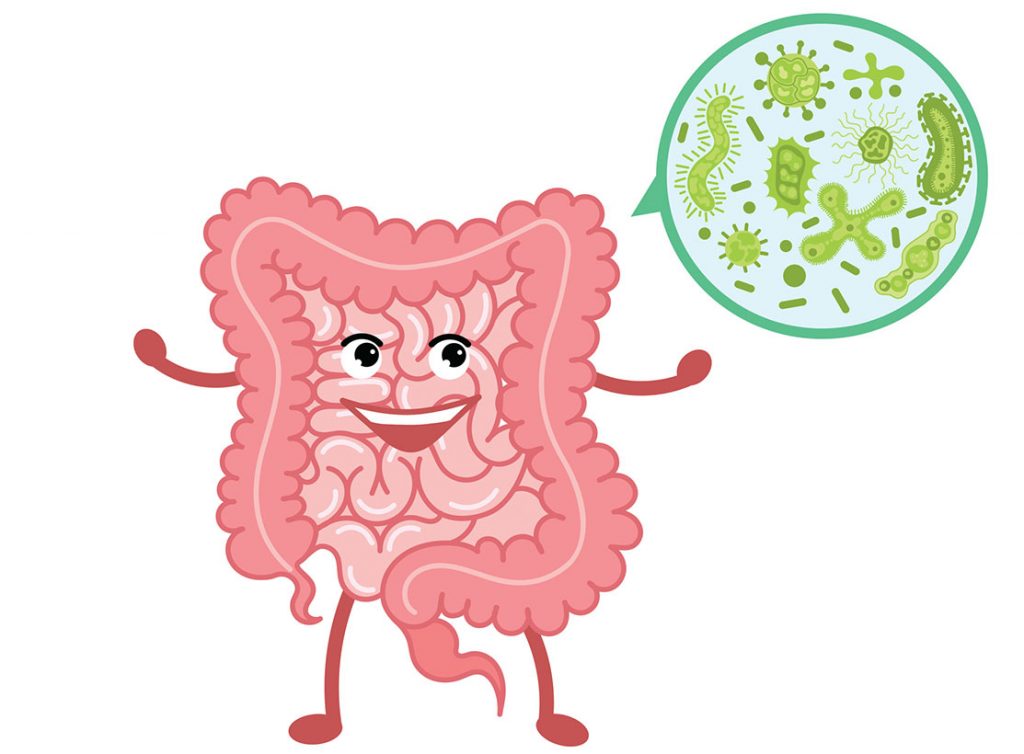
This is where consuming a varied diet based on wholefoods comes in! Your gut microbes eat what you eat, so having a more diverse range of wholefoods in your diet promotes the growth of a more diverse range of beneficial gut species. Wholefoods are great sources of fibre, polyphenols and more complex compounds. Complex compounds like fibre aren’t digested and absorbed like other foods in the small intestine. They instead reach the large intestine, where your gut bacteria use them to produce those important compounds for keeping you healthy!
Having a large diversity of healthy gut bacteria from eating a variety of wholefoods makes your gut more equipped to deal with any issues. For example, diverse healthy populations are more easily able to out compete bad microbes, preventing them causing harm. Studies have shown healthy diverse microbiomes to reduce symptoms of diseases such as Parkinsons, Diabetes, and also IBS, depression and anxiety.
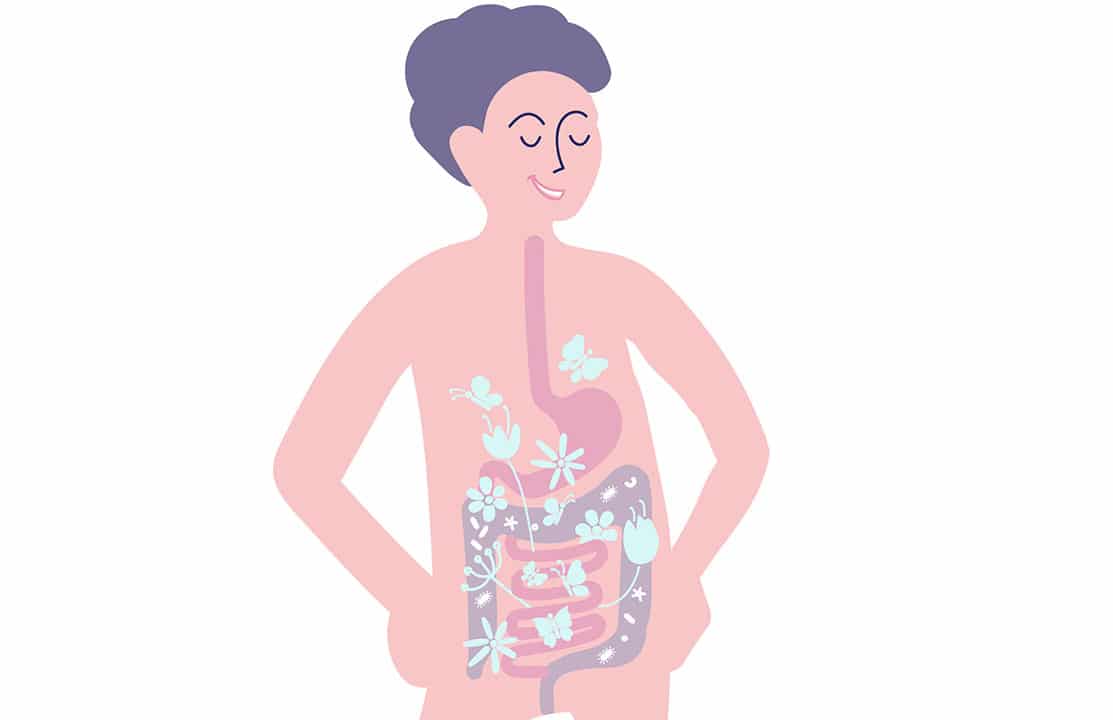
Our top tips for reaching 30!
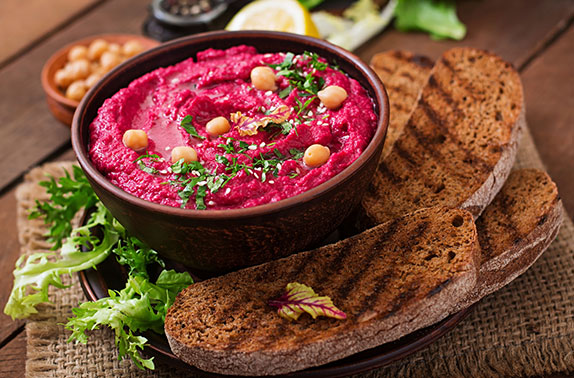
Keep it exciting – Change up the ways you eat your wholefoods! Get creative in the kitchen, blend up some chickpeas, yellow and red peppers for a delicious triple wholefood packed hummus! In a rush? Grab one a Perkier Cacao & Salted Caramel bar for a fibre hit, each bar contains 23% of your recommended fibre per day! (your gut will love you).
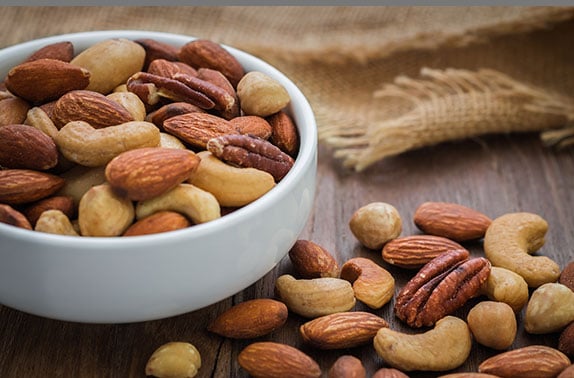
Keep it cheap – This challenge doesn’t need to break the bank. Mixed bags of nuts or seeds, tinned beans and frozen veggies are a great way to get multiple wholefoods without buying loads of different products… and are all long life so won’t get wasted if you change your meal plan.
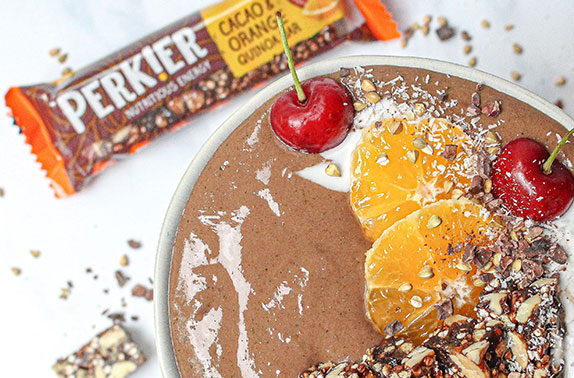
Take it slow – Sometimes changing your whole diet all at once just isn’t sustainable. Try adding extra goodness to meals that you already love. For example swap out half your mince in spaghetti bolognaise for lentils. Our quinoa bites also taste great on your favourite yoghurt or smoothie bowl.

Get your perky on and take the Challenge!







